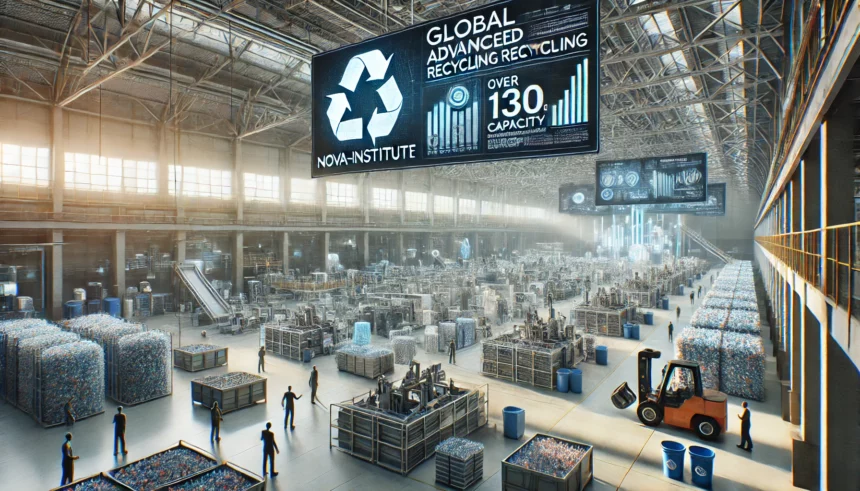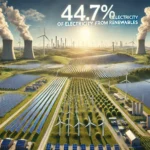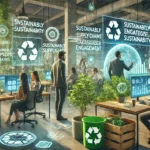The nova-Institute recently updated and expanded their report on “Mapping of Advanced Plastic Waste Recycling Technologies and their Global Capacities.” This report gives a clear and detailed look into the current state of advanced recycling both in Europe and around the world.
Key Takeaways
- Advanced Recycling: Complements mechanical recycling, handles mixed waste, and produces valuable raw materials.
- Technologies: Includes dissolution, enzymolysis, solvolysis, pyrolysis, and gasification.
- Global Capacity: Europe is a leader, but significant growth is expected worldwide.
Growth in Advanced Recycling Technologies
Advanced recycling technologies are growing quickly. New companies are entering the market, from small startups to large chemical companies. Here are some key points from the nova-Institute’s report:
- Over 130 technologies and providers are profiled.
- The report includes detailed information on more than 340 plants worldwide.
- It highlights the capacities and outputs of these plants.
- New company profiles were added, and all profiles were updated to reflect the year 2023.
Why Advanced Recycling is Important
Advanced recycling technologies are becoming more important because they complement traditional mechanical recycling. While mechanical recycling is useful, it has limitations:
- It can’t remove contaminants from plastic waste.
- Mechanically recycled plastics often can’t be used for food contact applications.
- Repeated mechanical recycling reduces the quality and performance of the plastic.
Mechanical recycling also struggles with mixed plastic waste, which often ends up in landfills or incinerators. Advanced recycling can handle mixed waste and transform it into valuable raw materials.
Types of Advanced Recycling Technologies
Dissolution
- Process: Solvent-based, physical process.
- Capacity: Up to 8,000 tonnes per year.
- Providers: Mainly in Europe, also in North America and China.
Enzymolysis
- Process: Biochemical, using biocatalysts.
- Scale: Currently at lab-scale.
- Providers: Only one identified, located in Europe.
Solvolysis
- Process: Chemical depolymerization.
- Capacity: Between 550-8,750 tonnes per year.
- Providers: Mostly in Europe and North America.
Pyrolysis
- Process: Thermochemical, converts mixed waste into liquids, solids, and gases.
- Capacity: Up to 40,000 tonnes per year.
- Providers: Primarily in Europe, followed by North America and Asia.
Gasification
- Process: Thermochemical, converts waste into syngas and CO2.
- Capacity: Up to 200,000 tonnes per year.
- Providers: Mostly in North America and Europe.
Global and European Capacities
The report maps over 340 planned, installed, and operating plants worldwide, providing a total input capacity of 1,477 kilotonnes per year. Europe leads with more than 60 plants, covering nearly a quarter of the global capacity. Europe’s advanced recycling technologies are crucial for its circular economy strategy.
Future Growth
In the next five years, the market for advanced recycling technologies is expected to grow significantly:
- Europe: Input capacity will more than triple by 2027.
- Global: Capacity will double by 2027.
This growth will depend on political measures, including the revision of relevant directives and the establishment of incentives and investment programs.
Conclusion
The nova-Institute’s report highlights the rapid development and increasing importance of advanced recycling technologies. These technologies offer solutions to the limitations of mechanical recycling and are essential for a sustainable, circular economy.
















